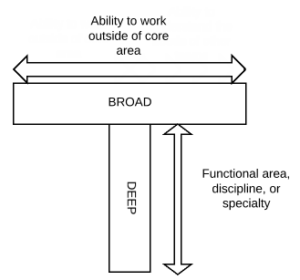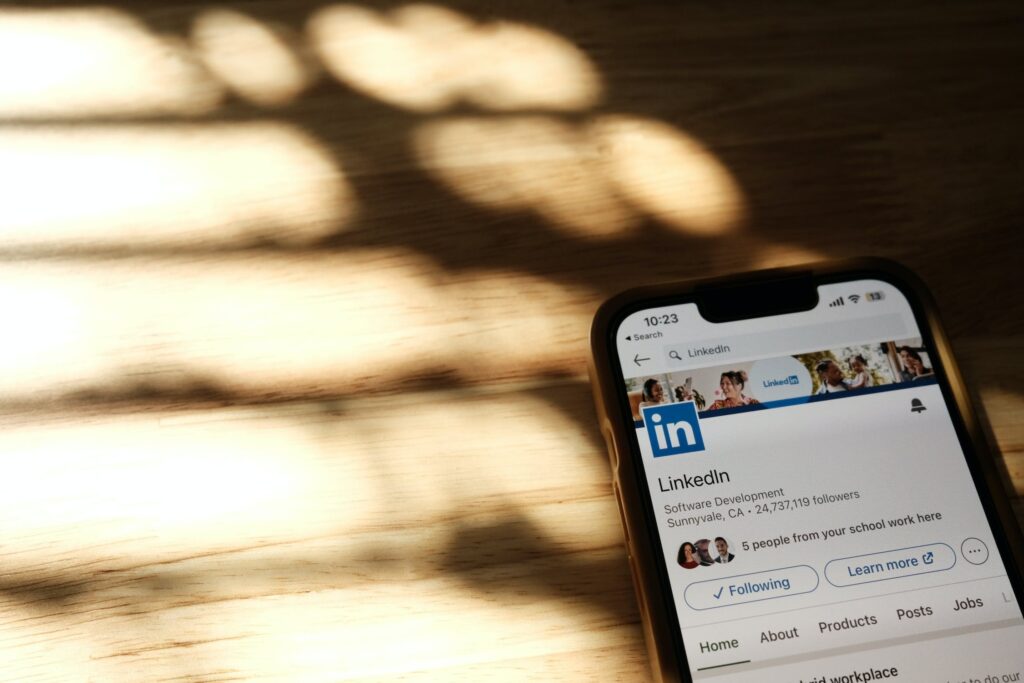Today as I was exploring the internet on all things coaching and leadership, I came across this question: “What makes a good coach?”, “What are some characteristics a good leadership coach should have?” While the questions seem so basic, it got me thinking back to my years of having served as a coach and also having interacted with many coaches, learning from them, and being coached by a few as well!
I have been personally inspired and have tried to incorporate certain attributes into my own coaching practice over the years. So, here’s a list of some characteristics I think are essential for a leadership coach to imbibe:
1. Listen with empathy
A senior leader will have several things that they are focused on and involved in at most given times. So, when a coach has a conversation with a leader, they are likely to get a stream of conscious thought, which could be a mix of professional and personal.
Sometimes, this could be presented to the coach in a rather jumbled up fashion, and for this very reason it is vital for the coach to not just be a good listener and attentive of the things being said, but also to listen with empathy and not lose patience or get frustrated.
2. Ask incisive questions
When a coach can listen to the leader from a place of attentiveness as well as empathy, they will know what are the areas that need to be focused on. But it is not enough to just know which areas to focus on; additionally, they should have the ability to go deeper into some of those aspects, instead of touching upon them at a superficial level.
Think of a ‘T’ shape, wherein the vertical bar of the T refers to expert knowledge and experience in a particular field – which runs deep, while the top of the T refers to basic knowlege and know-how in several different fields.

3. Have ability to hold (& carry) conversations
Usually, coaching sessions are held on a weekly or biweekly basis – sometimes even monthly. These sessions usually last an hour on top of which there are intermittent conversations and follow ups happening over email or chat, depending on what channels the coach has opened up for the client.
To go from one session to another and be able to pick up threads from previous conversations and weave them seamlessly into the present context of the leader is a skill worth honing.
A leader should never feel like they’ve been abandoned in between sessions and instead should feel like they have the coach’s guidance and presence with them throughout – and not just sporadically.
This is not to say that the coach needs to always be at a leader’s beck & call, but instead that they can have different forms of interaction and the skill to bring everything together when they meet for their sessions so that the conversation flows effortlessly.
4. Take extensive notes
There are some coaches who have the exceptional ability to remember everything they hear and see, but even so I highly recommend taking notes after every coaching session and keep them accessible to be able to refer to when needed.
What I have found very valuable in my journey as a leadership coach is that when I take notes immediately after each session, I am able to capture subtle nuances of the conversation – such as my observation of the leader’s body language & expressions or certain phrases & words that they often use – and this helps me analyse if there is broader theme for these sessions and even build up on the sessions by reflecting certain aspects back to the client.
This shows that I have been listening all this while, which is always a pleasant revelation, and reminds them of things they themselves may have forgotten.
5. Keep a balance between ‘going with the flow’ & being goal-driven
There are two broad schools of thoughts when it comes to leadership coaching – one propagates letting the client take the lead and steer the coaching in the direction they see fit, while the other puts on more of a blinkers approach by collaborating with the client to set specific goals and not deviating from it as the coaching journey progresses.
Both these approaches have their own merits – something to explore further for another time. But I believe the best of both worlds can be achieved by letting the initial stages of leadership coaching be allowed to flow a little freely, to be able to gather more information and nuances of what the leader is dealing with.
Once that is figured out (after the first few sessions), a more goal-driven approach can be adopted to ensure the leader gets the big-picture result that they are seeking (such as getting better at time management or delegation) and doesn’t get caught up in the shiny object syndrome.
Of course, goals and context may change, which is why a little flexibility is always warranted. Which brings me to my next point, where I believe that a coach should…
6. Appreciate the context in which coaching happens
Let’s say for instance, the coaching journey between a coach and leader starts in the beginning of August and certain goals were set then; as the conversation and time progresses, situations and circumstances may shift by November, wherein the goals are no longer as relevant or have changed since.
Or perhaps the circumstances in the leader’s personal and professional life deem it difficult for the leader to continue the coaching journey and there be a need to pause it for some time.
As a leadership coach, one needs to be very aware of the professional (as well as personal) context of the leader to be able to take the call of either putting a strategic pause to the coaching journey or decide if a different kind of intervention is required.
7. Work from a place of honesty & humility
This is one of the top attributes of an effective coach that I believe a leadership coach should imbibe. And that is to have the awareness to recognise if a coaching engagement is not working out. And be honest and upfront about it with the leader.
And this is not to say anything has to go wrong in the engagement; the coach and coachee could have had their chemistry sessions, set goals, the coachee could have all the right attributes required for them to be coachable – everything could be working out, yet at some point it could still happen that the coach realises that they are not equipped in the way that is needed to coach this particular client.
In such a case, being upfront and honest is the best way to go. You can refer them to another leadership coach whom you feel will be better suited to coach them or find out some other alternative – either way, accepting and expressing this aspect with humility would be so much better than the leader eventually figuring down the line that the leadership coaching journey did not provide as much value to them as they had expected.
These are some of the characteristics of an effective coach that, in my opinion, are vital for a leadership coach to imbibe. Do you think there are some other attributes that should be added to this list? I’d love to hear your thoughts in the comments.
About Simply.Coach
Simply.Coach is an enterprise-grade coaching software designed to be used by individual coaches and coaching businesses. Trusted by ICF-accredited and EMCC-credentialed coaches worldwide, Simply.Coach is on a mission to elevate the experience and process of coaching with technology-led tools and solutions.

Executive Coach & Co-founder of Simply.Coach
As an Executive Coach, certified by Marshall Goldsmith for leaders and teams, Venkat believes that a mix of ideal leadership behaviours and a well-executed strategy determines business outcomes, and he works with industry leaders in achieving specific results with the right changes in behaviour and processes. Earlier, he was a Partner & Vice President at IBM, with a track record of successful engagements leveraging technology and Change Management. Venkat has lived in Europe and Singapore and consulted with clients across industries worldwide and in India.










One Response
Looking forward to your valuable support